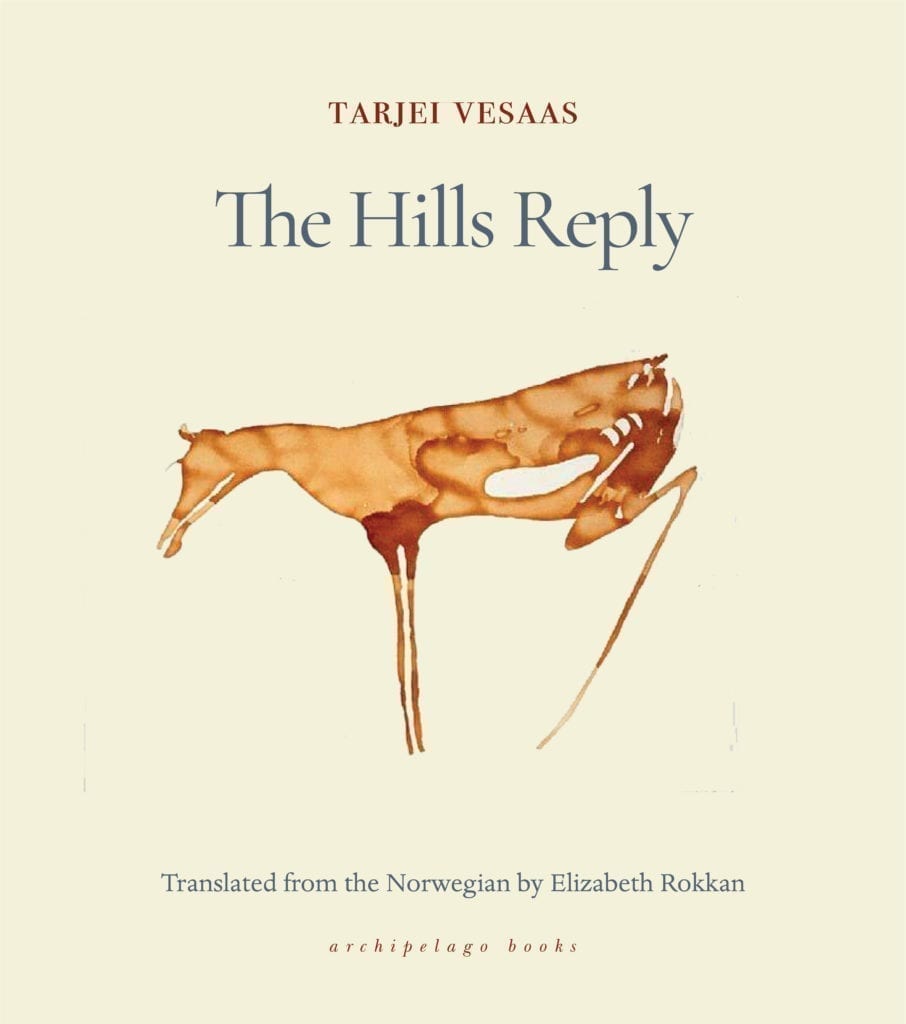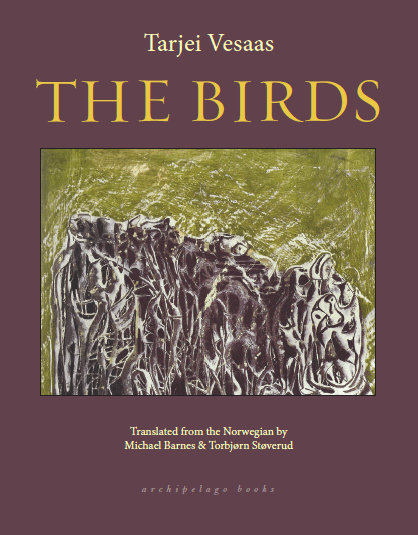Praise
This final work by one of Norway’s most significant writers of the 20th century has the abstract, colorist strangeness of Matisse’s late wall-hangings. What would happen if landscape entirely superseded people (as if this doesn’t happen when we die). Here’s a beautiful, arresting answer.
Tarjei Vesaas is the best and most interesting Norwegian writer after the Second World War. His language is so sensitive, so open to his characters’ minds and the landscape they inhabit, that it gives form to that space between – between people and other people, between people and nature – the space where our lives unfold.
A clear crystal of imagination . . . a rare kind of masterpiece.
A rare mixture of creative vitality, conviction and artistry.
An excellent translation by Elizabeth Rokkan catches the quiet, poetic mood.
Infinitely calm and strong.
Disturbing and beautiful . . . elaborate and powerful.
A book of great strength and beauty.


